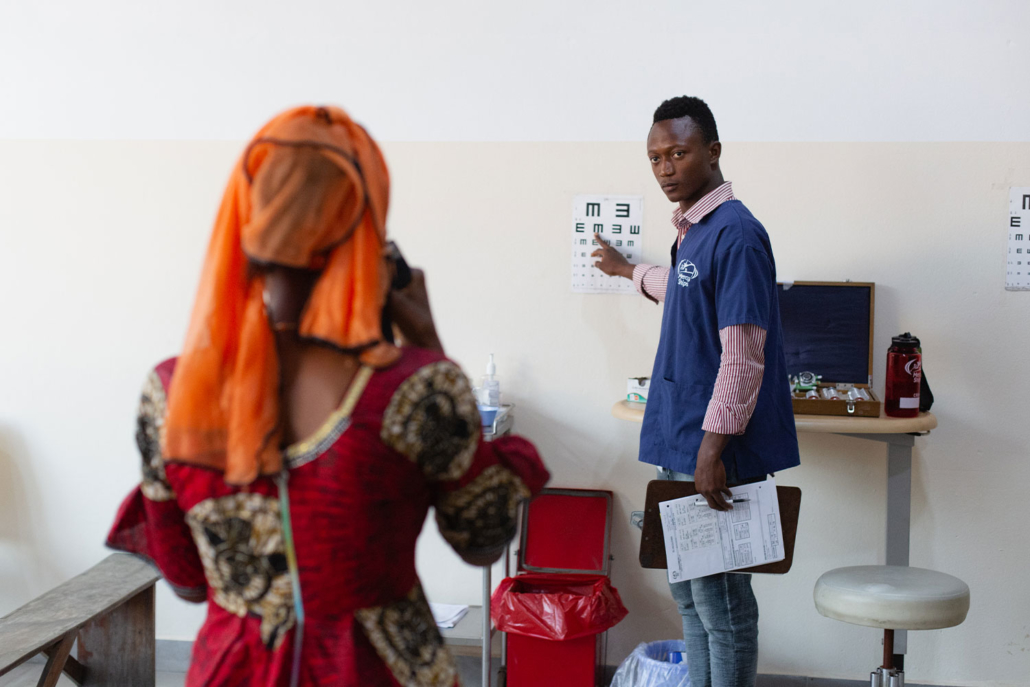The majority of blindness cases are curable and could be avoided by prevention and early treatment. Being blind in developing countries often means being considered an outcast. In fact, most blind children do not survive past the age of five.
Outside developed countries, cataracts remain the leading cause of avoidable visual impairment affecting 50% in Sub-Saharan Africa. A cataract is a clouding of the eye’s lens which impedes the passage of light. Although most cases of cataract are related to the aging process, occasionally children can be born with the condition, or cataracts can develop after eye injuries, inflammation, or as a result of ocular diseases. Cataract surgery is one of the most cost-effective treatments that can be offered in developing countries.
The Mercy Vision™ program addresses surgical and medical eye needs in environments where preventable blindness is widespread.
The primary emphasis of surgical intervention is to reduce blindness as a result of cataracts and also perform surgeries to correct strabismus and pterygium as needed. Non-surgical eye care focuses on allergy, infection, injury and pain. Sunglasses are distributed to protect sensitive eyes after operations, and reading glasses are supplied to visually impaired patients.
The program also provides many opportunities to train local surgeons and provide ophthalmic instruction for local health workers.







